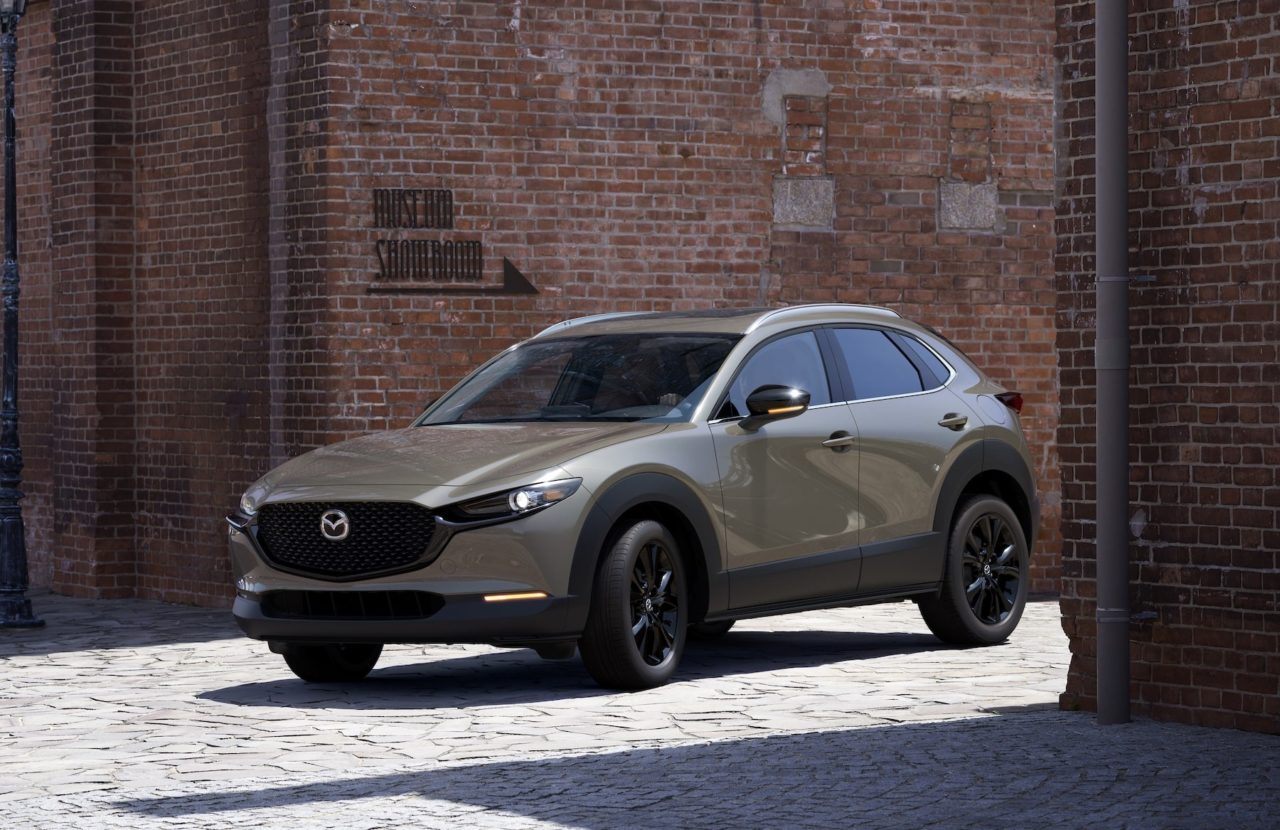Stellantis is making some big moves in the world of electrified vehicles, acquiring a 20% stake in Chinese manufacturer, Zheijang Leapmotor for USD $1.6 billion while securing exclusive rights for exporting and sales of future Leapmotor vehicles around the globe.
The $1.6 billion deal gives Stellantis a 20% share in Zhejiang Leapmotor and has established a new joint venture – of which Stellantis owns a 51% controlling stake – for the export, sale and remanufacturing of its vehicles outside China. For those unaware of the Leapmotor name, the company was founded back in 2015 and delivered 111,000 vehicles back in 2022 – with plans to scale that up massively.
For those unaware of the Leapmotor name, the company was founded back in 2015 and delivered 111,000 vehicles back in 2022 – with plans to scale that up massively.
It has a three-vehicle lineup, including the BEV T03 hatch, the C11 SUV and the C01 sedan, with standard and extended-range variants also available.
The C11 comes powered by a single electric motor pushing out 200kW of power and 360Nm of torque, offering a 0-100km/h sprint in 7.9 seconds, combined with NEDC driving ranges between 510 – 610km.
The company says it is focused on the “mid-to-high end market,” which just so happens to be the fastest-growing portion of the Chinese market as the increasingly affluent middle class explodes. Looking forward, Leapmotor plans to expand to all major segments with the help of three of its modular platforms.
Looking forward, Leapmotor plans to expand to all major segments with the help of three of its modular platforms.
Leapmotor’s share price jumped an astronomical 20 per cent when the market heard news of the deal.
“Through this strategic investment, we can address a white space in our business model and benefit from Leapmotor’s competitiveness both in China and abroad,” says Stellantis CEO, Carlos Tavares.
“We feel it’s the perfect time to take a leading role in supporting the global expansion plans of Leapmotor,” he added. “As consolidation unfolds among the capable electric vehicles start-ups in China, it becomes increasingly apparent that a handful of efficient and agile new generation EV players, like Leapmotor, will come to dominate the mainstream segments in China.”
“As consolidation unfolds among the capable electric vehicles start-ups in China, it becomes increasingly apparent that a handful of efficient and agile new generation EV players, like Leapmotor, will come to dominate the mainstream segments in China.”
Interestingly, we’ve reported multiple times of even the biggest Western brands struggling to maintain a foothold in the Chinese market, amongst an aggressive landscape of price-cutting and brand loyalties to domestic brands that has seen market shares stagnate.
